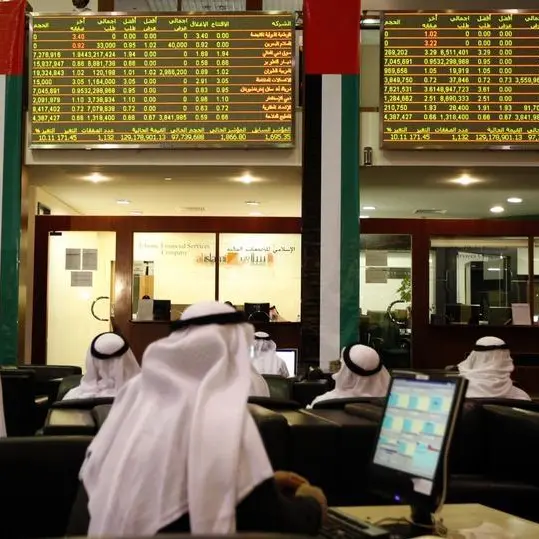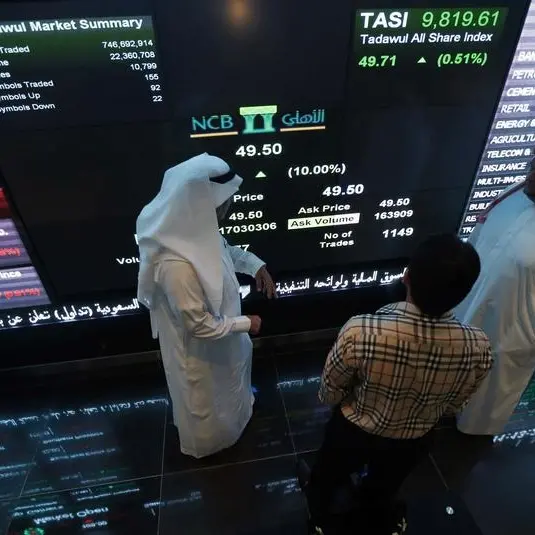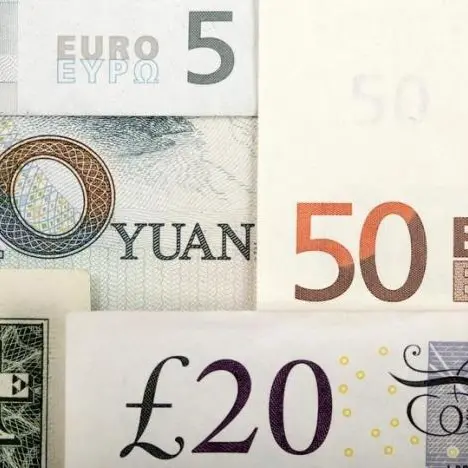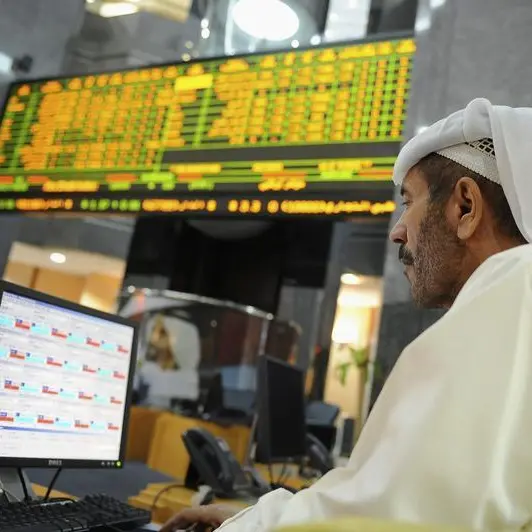PHOTO
- Oil prices add gains on Friday
- Global markets retreat
- Egypt’s index drops 0.9 percent
- Dollar rises, gold drops
Oil prices
Oil prices rose on Friday after the Organization of the Petroleum Exporting Countries (OPEC) and allied producers such as Russia, known as OPEC+, supported prices by extending their deal on supply cuts last week.
Brent crude futures LCOc1 settled at $64.23 a barrel, up 93 cents, or 1.47%. The United States’ West Texas Intermediate (WTI) CLc1 settled at $57.51 a barrel, up 17 cents. The U.S. market was closed on Thursday for a national holiday.
Prices were also supported as the U.S. Energy Information Administration reported on Wednesday a weekly decline of 1.1 million barrels in crude stocks, smaller than the 5 million barrel draw reported by the American Petroleum Institute and less than analysts had forecast.
Tension in the Middle East also offered support, particularly to Brent. “Brent is pricing in more of the geopolitical risk than WTI,” Phil Flynn, an analyst at Price Futures Group in Chicago, told Reuters.
Global markets
A strong U.S. jobs report that tempered expectations of an aggressive interest rate cut by the Federal Reserve later this month weighed on global markets on Friday.
MSCI’s gauge of stocks across the globe shed 0.75%. On Wall Street, the Dow Jones Industrial Average fell 144.28 points, or 0.54%, to 26,821.72, the S&P 500 lost 19.45 points, or 0.65%, to 2,976.37 and the Nasdaq Composite dropped 56.98 points, or 0.7%, to 8,113.25.
Nonfarm payrolls increased by 224,000 last month as government employment rose by the most in 10 months, the U.S. Labor Department reported.
“Obviously, this was a key report for the Fed as well in determining their path in the near term, and with markets fully pricing in a July rate cut and several thereafter, the stronger-than-expected report is likely to throw cold water on those fairly dovish expectations,” Candice Bangsund, asset allocation manager at Fiera Capital in Montreal, told Reuters.
Middle East markets
The Saudi index slipped 0.1% on Thursday led by a 0.4% fall in Saudi Basic Industries and a 0.7% drop in Riyad Bank.
In Dubai, the index slid 0.2% giving up early gains, with its largest lender Emirates NBD losing 0.4%.
The Abu Dhabi index rose 0.2% mainly helped by its property developer Aldar Properties which closed 2.6% higher.
Qatar's index dipped 0.2%, as Industries Qatar lost 0.6% and Qatar Insurance decreased 1.4%.
Kuwait's index added 0.6%. Last week, index compiler MSCI said it would move Kuwaiti equities to its main emerging markets index in 2020, a move that could trigger billions of dollars of inflows.
Egypt’s blue-chip index EGX30 fell 0.9 percent with Egypt Kuwait Holding losing 4.2%.
Bahrain’s index gained 0.9 percent and Oman’s index edged 0.1 percent lower.
Currencies
The dollar index .DXY, which measures the greenback against a basket of six major currencies rose 0.58% on Friday, with the euro down 0.57% to $1.122.
Precious metals
Gold prices dropped on a weaker dollar.
Spot gold dropped 1.2% to $1,398.71 per ounce by 1:43 p.m. EDT (1749 GMT) having hit a low of $1,386.52 earlier.
U.S. gold futures settled 1.5% down at $1,400.10.
Reporting by Gerard Aoun; Editing by Mily Chakrabarty)
Our Standards: The Thomson Reuters Trust Principles
Disclaimer: This article is provided for informational purposes only. The content does not provide tax, legal or investment advice or opinion regarding the suitability, value or profitability of any particular security, portfolio or investment strategy. Read our full disclaimer policy here.
© ZAWYA 2019











